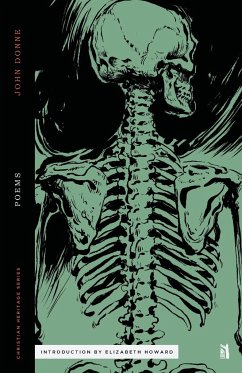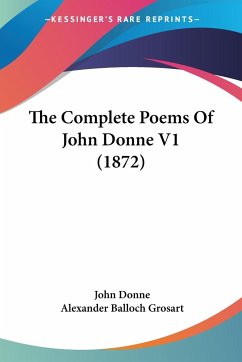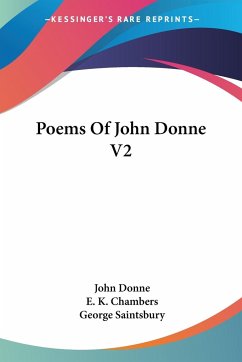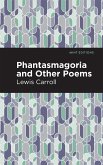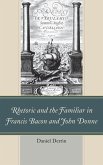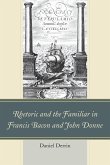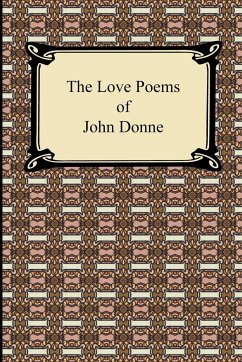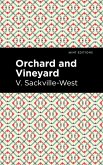"We as readers get to enjoy an experience akin to serendipity-the gift of an unlooked-for connection that answers questions we didn't know we had... The pleasure of poetry is often its principal power in turning us around and moving us towards the good and the beautiful, and in them, towards God himself." ~From Elizabeth Howard's introduction John Donne was one of the great "metaphysical poets" in Elizabethan England. His work helped establish the English tradition of poetry, and influenced everyone afterwards from Alexander Pope to T.S. Eliot. Donne lived a tumultuous life before settling down and becoming the dean of St. Paul's cathedral. He wrote everything from love sonnets to satires and elegies, but his greatest poems are undoubtedly the holy sonnets. In this new edition of the complete 1633 collection of Donne's poems, we see the work of a mature Christian poet and pastor writing about love, suffering, and our need for God. "Batter my heart, three-person'd God, for you As yet but knock, breathe, shine, and seek to mend; That I may rise and stand, o'erthrow me, and bend Your force to break, blow, burn, and make me new." ~Holy Sonnet
Hinweis: Dieser Artikel kann nur an eine deutsche Lieferadresse ausgeliefert werden.
Hinweis: Dieser Artikel kann nur an eine deutsche Lieferadresse ausgeliefert werden.

